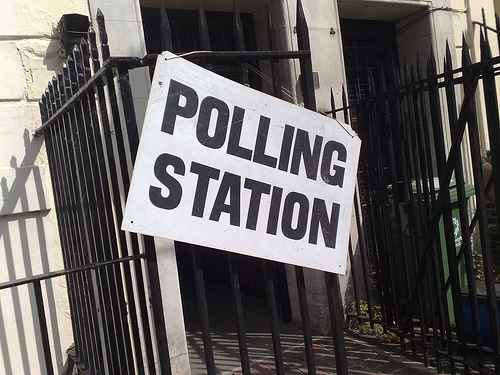Consolidating the future of the NHS
Consolidating the future of the NHS
The NHS England planning guidance was published at the end of March, and the key word in the document is…
Understanding the public sector is my job so I have a reasonable idea about who to write my letters of complaint to (I also use my knowledge for a lot more than that though!) However, from experience, for many people our current levels of representation are a confusing, multi-layered labyrinth of elected and un-elected officials. Who exactly should I go to about what, and when? District councillor, parish, county, MP?
We need a model that balances the need to represent local interests with public sector bodies that have sufficient size and scale to operate effectively. We also need a model that is simple to understand and that can work effectively with partners in it.
A lot of the unitarisation debate has focused on the cost savings and service efficiency to be gained from joining together. It was heartening then to read an essay from Warwickshire Chief Executive Jim Graham in a recent NLGN Essay Collection (Right Tier, Right Now) which firmly brought into focus this citizen confusion;
“it was evident from that work (Total Place) that the over complexity of the public sector was not helping citizens navigate public services, nor have a clear understanding what ‘their council’ was to become in the future.”

A big barrier to what many believe is the eventual self re-organisation of local government is the democratic deficit this will create, an argument oft made by politicians themselves. Could the counter in fact be true? Would less local democratic representation increase local democratic participation? Does more representation actually suppress participation?
In the book Activating the Citizen Mark E Warren argues that “people are interested neither in the constant engagement necessary to communicate their preferences (when they have them), nor in disciplining politicians to attend to them. Rather, they want to trust politicians to look after the public good—though, of course, their trust is often disappointed, which in turn reinforces disaffection. Those who believe more participation is the answer to democratic deficits, Hibbing and Theiss-Morse argue, are waging an uphill battle.”
In short, it may not just be financial efficiency we’ll end up benefiting from if local government re-organises itself, but if Warren is right, we could be getting democratic efficiency too.